Are you someone who acts on emotions? Are you struggling to form ideas or communicate better? All these things can be solved when you learn how to learn critical thinking. As we become critical thinkers, we can often turn one-sided arguments into legitimate debates. We provide our own thoughts and opinions in a way that we can make a greater impact. The catch is that learning to engage in critical thinking is not easy. To help, I'll be covering what critical thinking is and some of the skills and techniques you can apply to develop it.
What is Critical Thinking?
Foundations for Critical Thinking has a precise description for this concept: ((Fundamentals of Critical Thinking: Critical Thinking: Where to Start))
“Critical thinking is an intellectually disciplined process of actively and skillfully conceptualizing, applying, analyzing, synthesizing and/or evaluating information received or generated, observation, experience, reflection, reasoning or communication as a guide to belief and action.”
In other words, critical thinking is the act of receiving and processing information in such a way that we can make more informed decisions. These decisions are better because we hold on tighter to the situation. You may find the above definition rather wordy, but that's because critical thinking requires the application of a wide range of tools. They exist to process any information thrown at us.
Why is it Critical to Think?
Now that you know what it is, why is critical thinking so important? First, it differs from our usual thinking. We stop and purposefully think in such situations. This type of thinking offers some advantages over conventional thinking:
1. You can interact with the material is limited to the surface level.
We can formulate a stronger opinion that will allow us to have more balanced discussions. This is much different than memorizing information from articles or textbooks and then regurgitating the same information.
2. You Can Create Good Arguments.
When we have solid arguments, we can with more confidence. There's a difference between arguing about a topic we won't know against whom we're knowledgeable about and can stand behind.
3. You Can Rate Your Work Better.
Once we get a clear idea of the strengths and weaknesses of our work, we can work to improve it. It can change our lives, increase productivity and more.
How to increase critical thinking
With all of this in mind, what are some things we can start doing to improve our critical thinking skills? ((Stanford Encyclopedia of Philosophy: critical thinking)) going back to the FTC phrase provided, we can use this in regards to how to learn critical thinking and improve it at the same time. Critical thinking involves:
- Conceptualization
- Analysis
- Synthesis
- Grades
This information we get comes from:
- Observations
- going through
- reflecting
- Reasoning
- Communication
Everything above guides our beliefs and actions. Using these points, here are some activities that you can do regularly to improve the skills involved in critical thinking.
1. Question Your Assumptions
The greatest innovators have been those people who take certain concepts and assumptions and ask them questions. People like Newton and Einstein the people we remember because they were people who held different points of view that led to some of the greatest discoveries in history. These are the sparks of innovation. Until we need to become a modern Einstein, it's important that we look at our assumptions and question them from time to time. What is blocking you from achieving your goals and dreams? To answer this, begin to doubt her and evaluate her beliefs.
2. Stretch Mental Processes
Another way regarding how to learn critical thinking is to stretch your mental processes. This is a powerful way because people are natural born short thinkers. What I mean is that our brain uses what is called heuristics - mental shortcuts - to give context to our environment. In the past, our ancestors used this great advantage for hunting or fighting. However, in the modern age, where we make more complex decisions, this becomes a problem. This is why voting can be a challenge, as it involves many of the skills and concepts mentioned above. To come to a conscientious conclusion, we'll have to cut down on our thinking and incorporate a few complex skills. The idea is that you should be aware of your shortcomings and look for ways to stretch them out. This means that when you have an answer, look at your preconceptions and ask why you came to a particular place or answer.
3. Be Self Critical
They say that we are our own worst critic and some people see this as something negative. I disagree as the self reflects one of the most important aspects around. Reflections can come from a variety of sources, but one of the most important to us is self-reflection. It's all about how you form your thoughts. Where most people tear themselves up with negative criticism, I look to ask myself questions. For example, I might ask, "why do I believe that?" This will lead me to an answer that I can approach with constructive criticism. When you ask yourself these questions, you will begin to grow in how you look at what we objectively know and form an opinion. It is the movement of information from technical book-material to opinion formation through deep thought processes. The last important aspect of being self-critical is the ability to be aware of your biases, strengths, weaknesses, and personal preferences. You can use these approach situations from different perspectives.
4. Actively Listen
Active listening is another way to become a better thinker. When you listen this way, you take the time to process everything that comes your way, including ideas, arguments, criticisms, and more. This is important because many people listen to others in order to formulate an answer or reaction. The problem is that he uses his mental powers and diverts attention from what has been said. Another way to think of active listening is to listen with empathy. When you read or hear a person's perspective, you can take that information and start analyzing it, rather than coming up with an answer or reaction.
5. Evaluate Evidence and Facts
The other part is how to learn critical thinking through assessment. How can we properly evaluate facts and evidence? Simple. Start by asking questions as we have done so far. We begin to look for who collected the evidence and how they did it. Finally, ask why they did it in the first place. Consider all the research you hear on the news. In some cases, these studies might have small sample sizes that do not represent the population. Or maybe it was funded by a company or industry that has a vested interest in learning to look good. You won't know until you start looking into learning and interpreting it yourself.
6. Think for yourself
All this leads to being able to think for yourself. It's important to maintain now and move forward. We are in the information age and there are many opinions, thoughts, ideas and information that are scattered around. It's very easy to get caught up with all the information coming your way. Sometimes it can be so much that you can get lost and forget to think for yourself. At the same time, you don't want to be so overconfident that you ignore everything. Bring in other people's opinions and thoughts, but make sure that the final decision is yours and that you are happy with it. It is also important to evaluate each situation to decide if you need external sources or not.
7. Think Critically When It Matters
While discovering how to learn critical thinking, it is important to understand that this is not a skill that you constantly practice without rest. While your thinking dimensions can sometimes get in the way, making you want to change them, it's important to exhaust yourself. Thinking still requires a lot of brains, and if we are constantly doing it, we will create mental stress. Recognize that critical thinking is nothing more than a tool. Use it only when you have more or tougher situations to react to. When you are a critical thinker, remember that you can be wrong. Mistakes are part of the process and that's okay. What is the key to notice and how they started in order to avoid them in the future.
Final Thoughts
The road on how to learn critical thinking isn't that hard on paper, but it can be difficult in practice. As you can tell, this case is looking at everything with a certain level of skepticism and evaluating your responses. It's not something that can happen instantly as we all have prejudices and our own thought patterns. The main thing is recognizing them and making adjustments a little bit. Try to use it at times that matter most. When we apply it when needed, we can start to see its various benefits. ((Semantic Scientist: A Foundation for Critical Thinking, Rational Thinking, and Intelligence)) Being a thinker is a life's journey, but rewarding, as there is always more information for us to learn and develop.


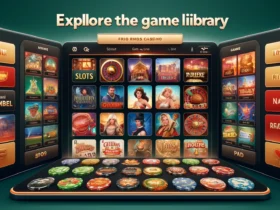
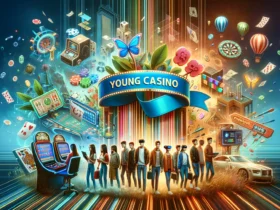

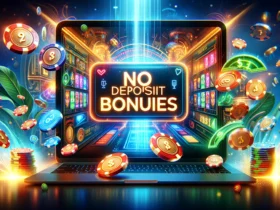
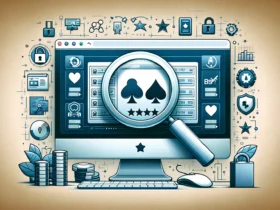
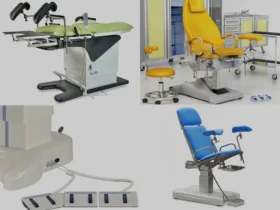

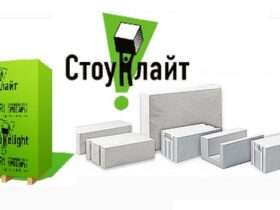
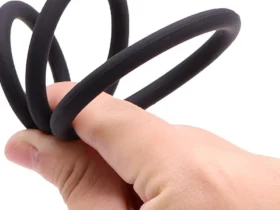



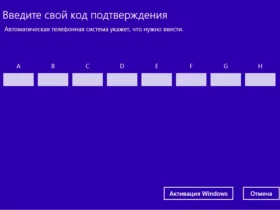


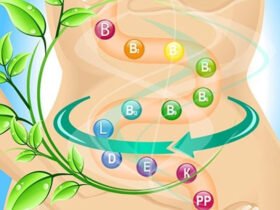


REPLY